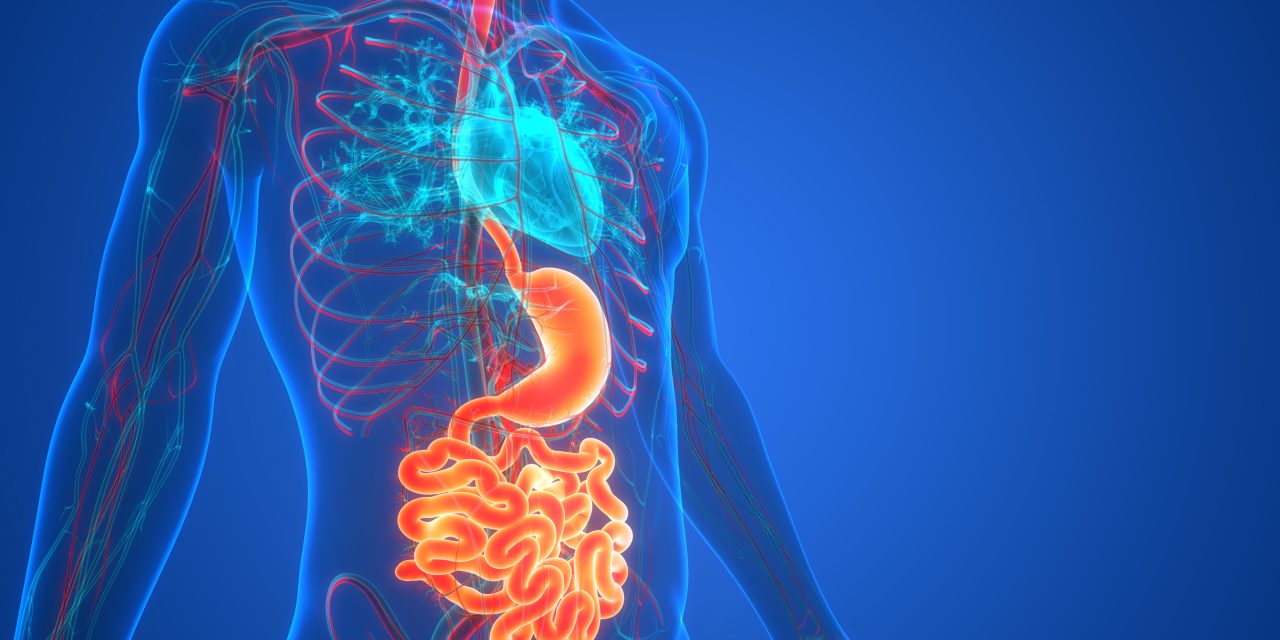Circadian clock is crucial for physiological homeostasis including gut homeostasis. Disorder of circadian clock may contribute to many diseases including inflammatory bowel disease (IBD). However, the role and the mechanisms of circadian clock involved in IBD are still unclear.
Disorder of circadian clock including social jet lag (CJ) and circadian clock gene deficiency mice (Bmal1, and Per1Per2) were established. Dextran sulfate sodium (DSS) or / and azoxymethane (AOM) were used to induce mouse models of colitis and its associated colorectal cancer. Flow cytometry, immunohistochemistry, immunofluorescence, western blotting, RT-qPCR were used to analyze the characteristics of immune cells and its related molecules.
Disorders of circadian clock including CJ and circadian clock gene deficiency in mice were susceptible to colitis. Functionally, Breg cells highly expressing PDL1 in intestinal intraepithelial lymphocytes (IEL)helped to alleviate severity of colitis after DSS treatment and was dysregulated in DSS-treated Bmal1 mice. Notably, IL-33 in intestinal microenvironment was key for Bmal1 regulated PDL1Breg cells and IL-33 was a target of Bmal1 transcriptionally. Dysregulated PDL1B cells induced cell death of activated CD4 T cells in DSS-treated Bmal1 mice. Consequently, disorder of circadian clock characterized as decreased numbers of BregPDL1 cells in IEL and dysfunction of CD4 T cells promoted colitis associated CRC in mice. In clinical samples from CRC patients, low expression of Bmal1 gene in para-cancerous tissues and cancer center area was closely associated with poorer prognosis of CRC patients.
Our study uncovers the importance of the circadian clock regulating PDL1Breg cells of IEL inIBD and IBD associated CRC.
Copyright © 2021 The Authors. Published by Elsevier Inc. All rights reserved.
Circadian Clock Disruption Suppresses PDL1+ Intraepithelial B-cells in Experimental Colitis and Colitis Associated Colorectal Cancer.


